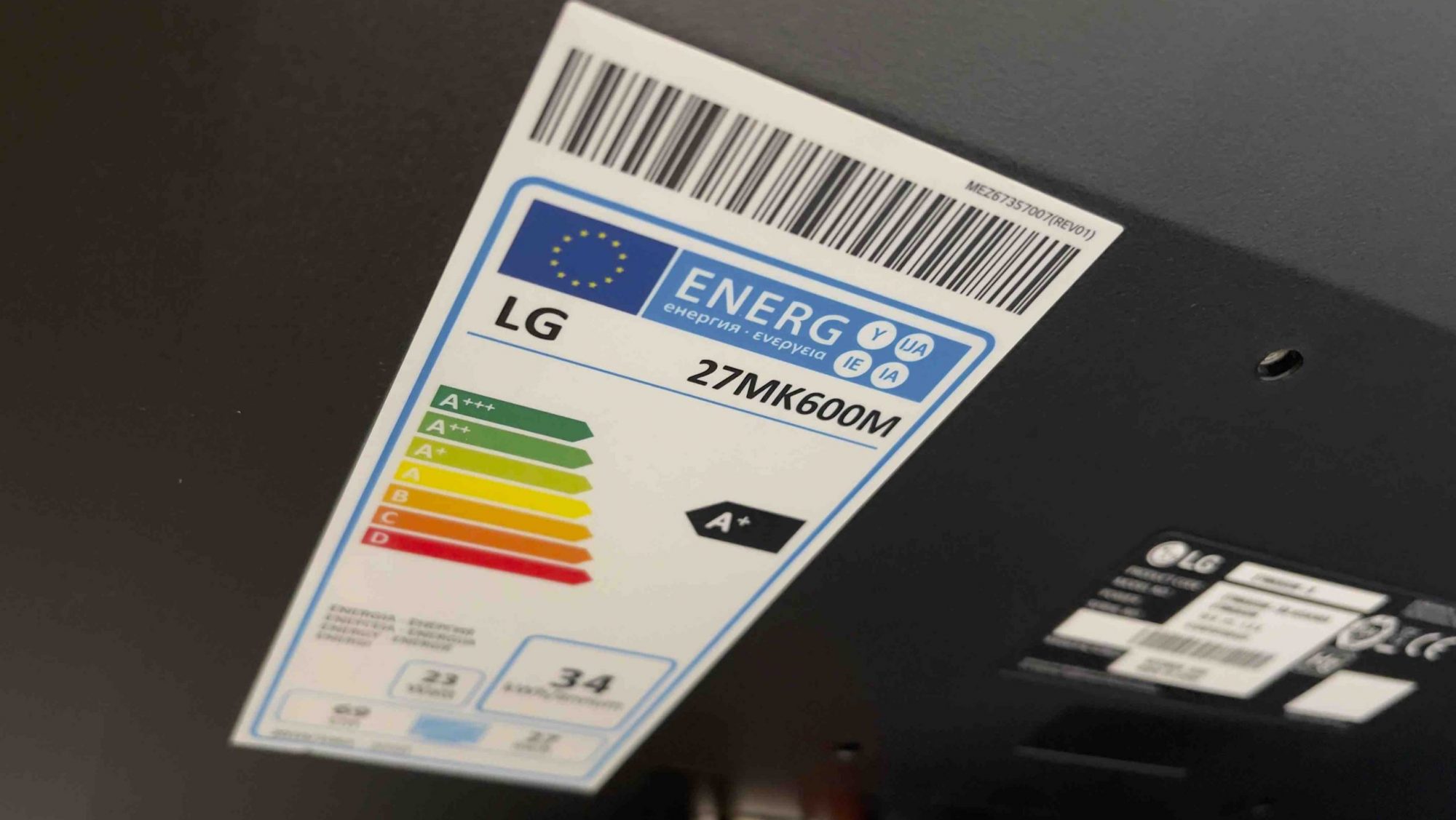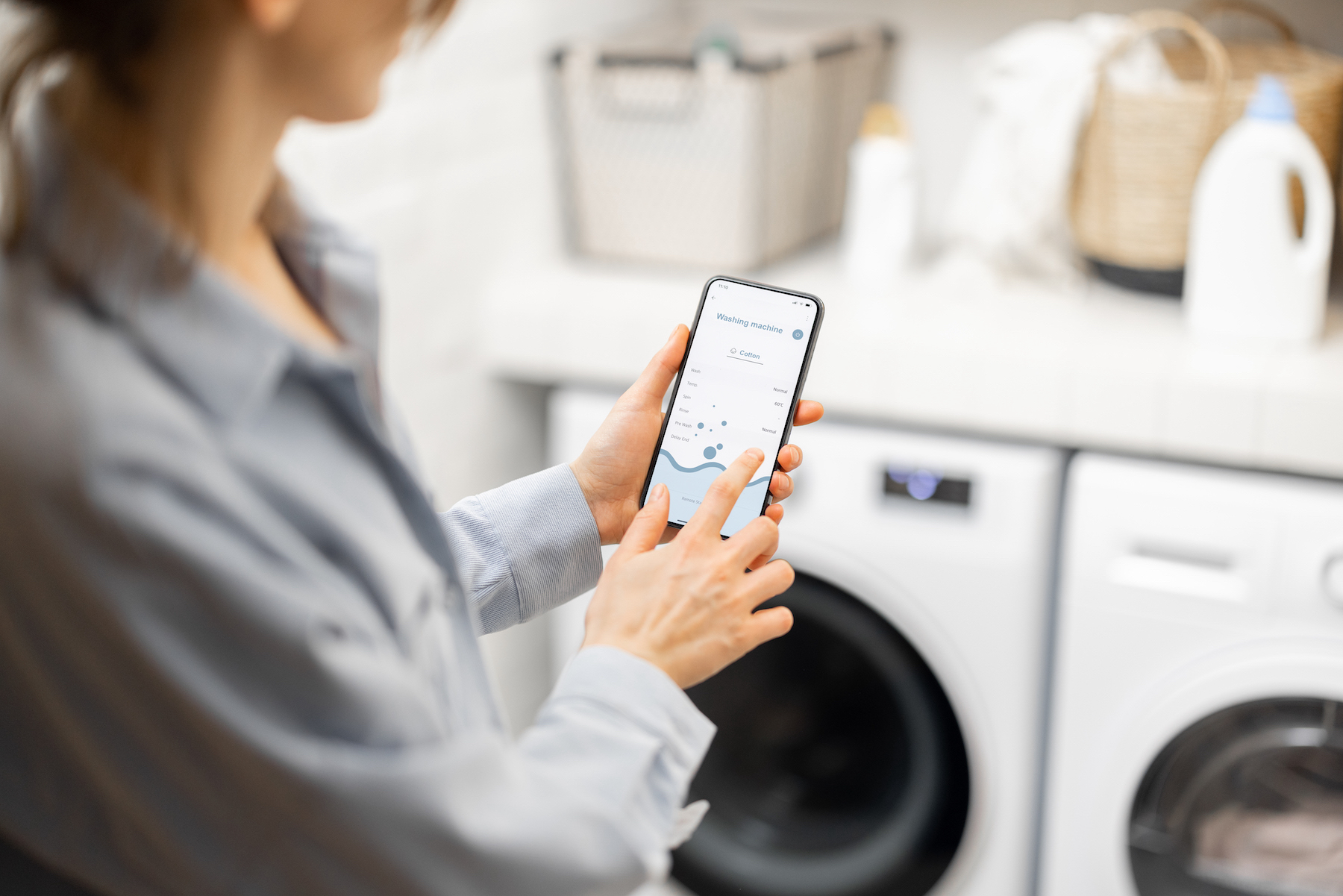
A New Greentech study on energy efficiency and the use of household appliances in private households makes it clear: unfortunately, people are not yet a trace of eco.
Because when buying, consumers focus on sustainable household appliances – but after that it’s over with the frugality. The eco-mode is used very little. There are several reasons for this.
When it comes to saving energy on household appliances such as washing machines and dishwashers, a survey commissioned by Miele reveals a wide gap between desire and reality.

It is true that 82% of Germans say they have been paying more attention to their consumption since the beginning of the energy crisis, according to a survey conducted by the market research institute Appinio on behalf of the household appliance manufacturer Miele. In addition, 62 percent place a high priority on sustainability when making purchases. According to the survey, however, after the purchase, frugality is a thing of the past: 15 per cent say they use the washing machine’s eco programme. The figure for dishwashers is 30 per cent. Only one in ten Germans chooses the eco-mode most often for both appliances.
Household appliances at a crossroads: “Eco programme takes too long”.
38 per cent of respondents say the Eco programme takes too long. 22 per cent say that the result is not satisfactory. 18 per cent choose other programmes out of habit.
15 % think economy mode needs more energy and water after all
15 per cent think that the designated economy mode uses more energy and water than other programmes, after all. 11 per cent of respondents believe that all programmes on appliances with energy efficiency class A or B are equally economical. When it comes to their own habits, 60 percent of respondents say that they always or often switch off the preset Eco programme. One in three always or often pre-washes dishes by hand before putting them in the dishwasher.
